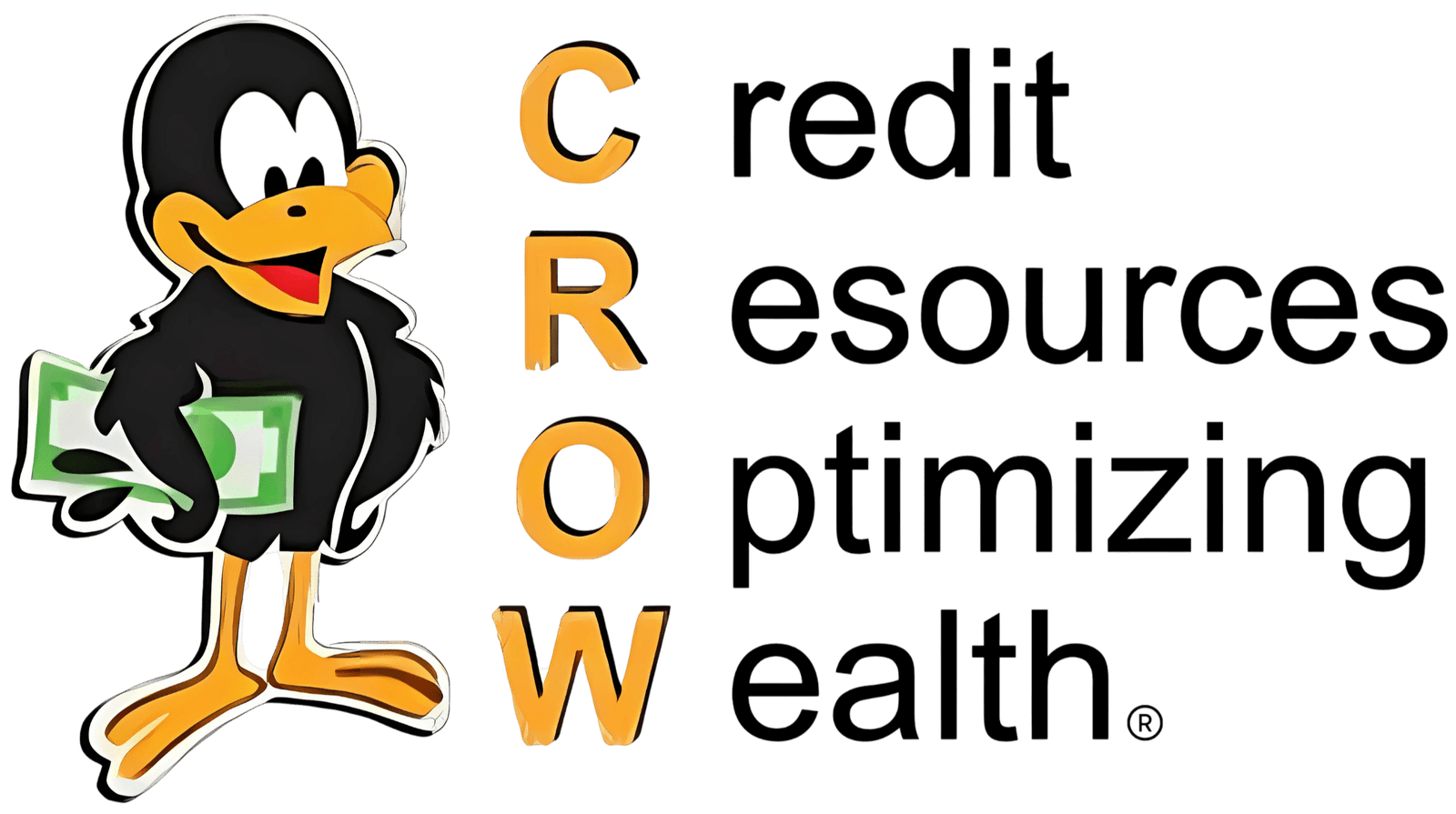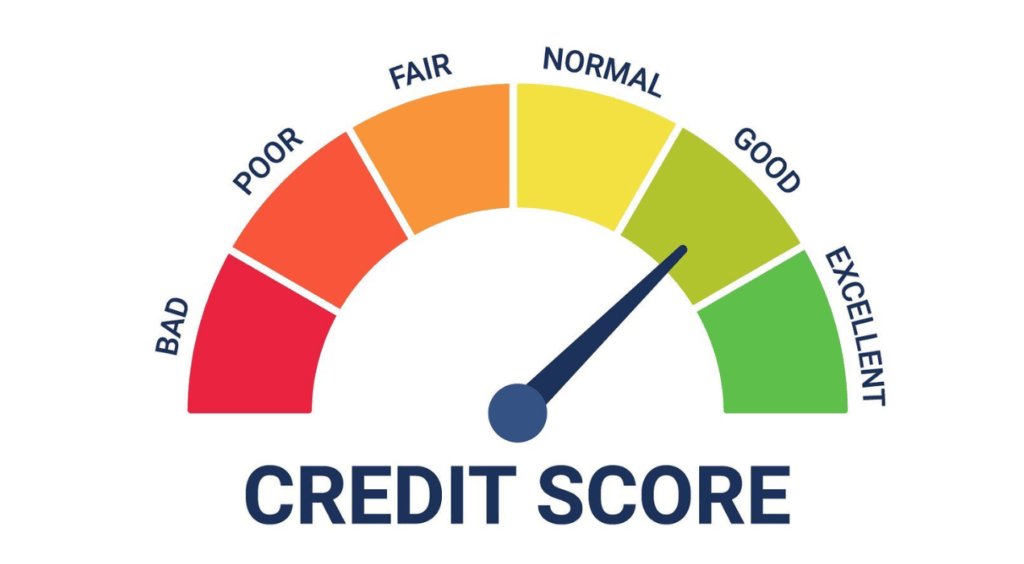Once a year you are able to order a free credit report from the three main credit bureaus The 3 main bureaus are Equifax®, Experian®, and TransUnion®. Look at the information reported to each of the bureaus. Keep in mind that some of the information may be different due to the fact that some creditors only report to certain bureaus. There are a number of credit report websites that you can retrieve this information from. The best credit report website for a totally free report is www.annualcreditreport.com. Try to review your credit report at least twice a year in order to keep on top of your credit. Also, if you are denied credit employment or insurance due to credit, you have 60 days to request a free credit report after receiving the denial notice.
Examine Your Reports Carefully
It is sad to say, but keeping a clean credit report is your job. Credit bureaus do not verify the information they receive from creditors, Any negative information on your credit report can cost you a lot espe- cially if you are trying to get a mortgage, a personal or a car loan, or credit card. Once you receive your credit report look over every detail.
•
·
Even the misspelling of your name or wrongly reported address is an error that can be corrected. Remember that late payments and charge-offs remain on your credit report for 7 years; Bankruptcies remain on your report for 10 years. Making consistent payments will improve your credit over time.
Dissolve Your Debt
The next step you can take on the path to improve your credit is to dissolve your debt. Begin by drawing up a spending plan (budget) that fits your financial status and allows you to make payments on time and consistently. If you are having trouble making payments on time or meeting the payment itself, call the creditor and negotiate a lower payment and/or due date. Keep in mind not to close your credit accounts after they are paid off. It will hurt your score more to close the accounts then to keep them open. Also keep your balances low on revolving accounts. This will help with keeping your interest charges down and your score will benefit from it too.
Add Stability to Your Credit File
Last but not least, start rebuilding your credit file today. You may have been denied credit even though you have credit but some credit but some creditors like gas companies or credit unions, may not report to the three bureaus. If they do not, think about choosing another creditor. The faster you begin to repair your credit, the faster your score will go up. Start now……
Credit Lenders are looking for reliable borrowers that will pay their bills on time and in full on a regular basis. they determine this by what is listed on your credit report a record that is kept over a long period of time based on financial accounts in your name, the standards for obtaining credit can differ from lender to lender, some are based on income and some are based solely on credit record alone. Certain lenders require a perfect credit record and high credit score, but some are based solely on credit record alone. Certain lenders require a perfect credit record and high credit score, but some are more lenient and will allow a few late payments here and there on your record. The best way to be sure you will receive a loan or any other type of credit in the future is to always pay bills on time.
DID YOU KNOW?
74.9% of families have a credit card
42% of these families pay off the balance each month. Federal Reserve Bulletin, Feb 2006
Reading a Credit Report – What is on Your Credit Report?
There are two different types of trade lines on a credit report – positive and negative. A positive trade line is any type of trade line that will increase your credit score and allow you to receive credit in the future.
A negative trade line is a negative item or derogatory item on your credit report and it
can lower your credit score. Ok, so you have gone to www.annual creditreport.com and pulled your credit report…. but what exactly does everything on the credit report mean?
There are so many terms on a credit report that can be confusing or even intimidating but they don’t have to be, all you have to do is learn what those terms mean. Once you are educated on your credit report, it will be easier to find out if your credit report is even accurate. Remember, credit reporting bureaus make money whether the information is accurate or not, be smart and find out the facts!. “There have been two recognized studies performed measuring the error rate of credit reports. The results range from less than 1% to roughly 70%.” states John Ulzheimer of Smart Credit.
Revolving Account A revolving account is basically another name for a credit card account. It is called revolving because the full balance does not have to be paid each month only a minimum balance set by the creditor. If there is a high outstanding balance, it is transferred over to the next month. However, if the minimum is not paid, a late charge is placed on the account which greatly damages your credit score. Also running a card to its limit looks bad on your credit report because it shows that you may have a problem paying your debt off. The best thing to do is to make a charge and pay it off in full as soon as you receive the bill from the creditor. Not only will this look good on your credit report, but it will save you from paying money in interest.
Accounts that you have had in the past, and you have not used them recently enough that they now are not counting in your credit score are considered inactive accounts. A closed account has either been closed by the creditor or the consumer themselves. It used to be that when a creditor closed your account it was more damaging to your credit report then if you did it yourself as the consumer. But in the newer scoring models the effect is the same no matter who happened to close the account.
Late Payments
Late payments are one of the most common things to find on a credit report, but also the hardest thing to dispute. Even a thirty day late payment can significantly lower your score, and hinder your chances of getting credit cards in the future, because it shows that you have trouble making payments. It makes little difference whether you pay the minimum or the full balance, as long as you make the payment on time and you have not over utilized the account. However, the best thing to do is always pay your full balance to avoid any problems with debt in the future.
Charge Off/Profit and Loss Account
A Charge Off or Profit and Loss Account is an account that has been so overdue that they write it off as uncollectible. Usually these accounts come from credit card accounts, medical bills, utility bills, loans or any type of account that is not paid on time. Charge offs can remain on your credit report for up to 7 years from the 30 day delinquency that sent you into the charge off. This is not something potential lenders want to see because this shows that you never paid your debt, and you may do the same thing with the money you borrow from them. The smartest thing to do is to pay your balance before it goes to a late payment, let alone a charged off account to assure you will receive credit in the future.
Collection Accounts
A collection account is an account sent from a creditor to an outside agency or its own collection agency in order to collect an unpaid debt. After an account is charged off, it usually will go into collections, because they still want to receive money for the debt. This account can now be on your credit report in two places, listed as a charge off with the original creditor and as a collection with the collection agency. It is always better to pay a charge off or collection account rather than to leave it as unpaid. On a credit report there are “paid collections” and “unpaid collections. “When disputing information on your credit report, if you have documentation that you have paid a collection or charge off account, it should state that on your credit report. Creditors will see this and note that even though you were late making the payment, at least it is paid. However, some creditors will reject a potential borrower just for having a collection account or charge off on their credit report, so always pay bills on time!
Inquiries
At the end of every credit report, there is a
of every credit report, th list of creditor names who have requested your credit report recently. It is better to have fewer inquiries because it shows that you are applying for less credit, and more inquiries could indicate a potential bad situation to lenders. Each inquiry stays on your credit report for 2 years, and could damage your credit.
Mortgages/Foreclosure
A mortgage is a loan a person takes out to purchase their home, and is one of the most significant trade lines on a credit report. When a lender looks at how a per- son paid their mortgage, they look at how many late
payments there were and if the home went into foreclosure. If a home goes into foreclosure, it shows that the person simply was not paying their mort- gage or could not afford their mortgage. Foreclosure is a major derogatory and one of the worst things to have on a credit report, and will remain on your credit for 7 years. However, there is a simple solution to having a fore- closure on your credit report. Either pay the mortgage on time, or dispute it with the credit reporting agencies.
A lot of the time, they report the information inaccurately, and can damage someone’s entire life.
What is Credit Repair?
In order to understand what credit repair is,
you must first understand what a credit error is.
The law defines a billing error as any charge:
⚫ for something you didn’t buy or for a purchase made by
someone not authorized to use your account;
⚫ for something that is not properly identified on your bill
or for an amount different from the actual purchase price or was entered on a date different from the purchase date;
·
⚫ for something that you did not accept on delivery or that
was not delivered according to agreement.
Billing errors also include:
• errors in arithmetic;
⚫ failure to show a payment or other credit to your account;
•
·
·
failure to mail the bill to your current address, if you told
the creditor about an address change at least 20 days before the end of the billing period;
⚫ questionable items, or any item for which you need
more information.
Once you have written about a possible error, a creditor must not give out information to other creditors or credit bureaus that would hurt your credit reputation until the matter is resolved. And, until your complaint is answered, the creditor may not take any action to collect the disputed amount.
DID YOU KNOW??
79% of all credit reports (that’s about 160 million reports from any one credit bureau!), contain numerous errors! Source: Public Interest Research Group (PIRG)
The law is on your side if information on your credit report is proven to be false but is not removed, according to the Fair Credit Reporting Act. Under the law, you are entitled to actual damages, plus punitive damages that the court may allow if the violation is proved to have been intentional. In any successful lawsuit, you will also be awarded court costs and attorney’s fees.
6
If you feel that a credit bureau has not responded promptly and fairly to your situation, contact the attorney general of your state or the Federal Trade Commission in Washington at 202-FTC-HELP.
You may also sue any credit-reporting agency or creditor for breaking the rules about who may see your credit records or for not correcting errors in your file.
A person who obtains a credit report without proper authorization — or an employee of a credit reporting agency who gives a credit report to unauthorized persons — may be fined up to $5,000 or imprisoned for one year, or both. A lot of people can see that report — including everyone to whom you have applied for a loan or credit. So be careful when applying for credit.
When the companies you apply for credit check your report, they can find out who else has been checking your report and determine what, when and how you have been applying for credit. That means if you have been getting turned down and are desperately applying for credit all over town, your potential creditors will know.
Contribution Source: Bankrate.com
Credit errors and inaccuracies can seriously reduce your credit score. There are laws that aid consumers in their pursuit of credit repair. CreditLawGroup.com can facilitate the process for you in what is an often frustrating and drawn-out process. A credit repair agency can help legally remove unverifiable or inaccurate information from your credit report. However, make sure to check with the BBB to make sure this is not a fraudulent credit repair agency before you sign up. Also, remember that some companies will advertise that they can help you remove items and get them deleted “for sure” but that is never the case. A lot of agencies use illegal methods of removing items from your credit report such as starting you a “new credit identity”.



